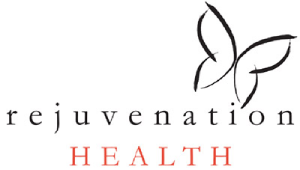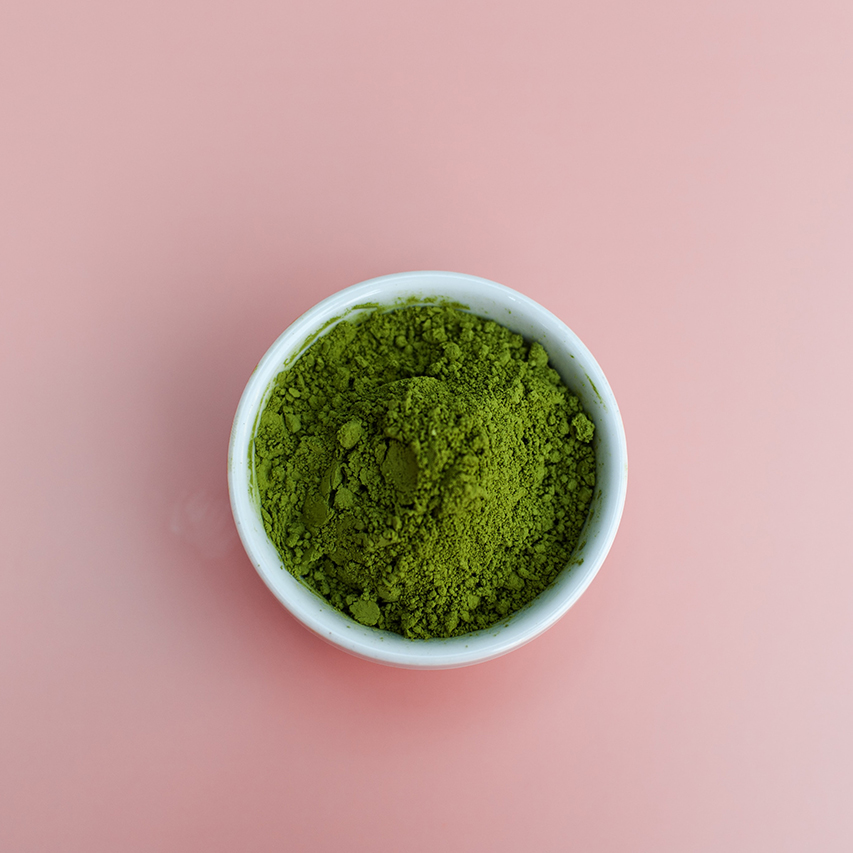Want to drink something that provides great health benefits for your mouth? Have a cup of matcha green tea!
The health of your entire body depends on what you eat and drink — and that’s especially true of your mouth. There’s a strong connection between oral health and nutrition, so make sure you consume foods and beverages that promote a healthy mouth.
One of the many mouth-healthy products you should consume is matcha green tea. Although you may have heard that tea can damage your teeth, a significant amount of research suggests matcha tea is excellent for your periodontal health.
Is green tea good for your teeth? Absolutely. Green tea combats the bacteria that cause cavities, nourishes gums, reduces inflammation, and can remineralize weak enamel. However, it can stain your teeth if you drink it often but don’t brush properly.
Here’s a look at the association between green tea and teeth, and how drinking it can lead to a healthier oral microbiome while fighting gum disease, tooth decay, bad breath, and oral cancer.
Understanding Green tea and Matcha
Green tea has a long history of medicinal usage in Chinese and Japanese cultures, so it’s no surprise that this natural remedy has countless health benefits. The best form of green tea to consume is matcha, a potent powder.
All tea comes from the plant Camellia sinensis, including green tea and matcha. Once the tea leaves are harvested and dried, they can be ground into matcha, a fine powder that can be dissolved in water, milk, or other beverages.
Matcha abounds with amino acids like L-theanine and antioxidant compounds. Plus, it has less caffeine than black tea and contains more catechins.
How do I find the best green tea for oral health? Pure, organic matcha powder, without sweeteners or additives, is the best form of green tea for your oral health.
Make sure you drink quality green tea from reputable sources. Research shows that poor processing conditions can degrade the quality of the leaves and reduce their antioxidant effects.
Gum Health
One of green tea’s biggest benefits is reducing inflammation, which is especially valuable for your gums. Because gum disease is so common and is connected to several other maladies throughout your body, it’s important to keep inflammation from arising in your mouth.
A 2016 study found that chewing gum containing green tea extract can effectively reduce levels of interleukin 1 beta, a cytokine connected to gum inflammation. The polyphenols in green tea neutralize the free radicals that cause oral damage, including irritation in the gums.
Beyond fighting gingivitis, green tea can fight periodontal disease. A study identified that green tea inhibits the growth and activity of P. gingivalis, which facilitates the development of periodontitis, a destructive condition that results in tooth loss. The same study also showed that green tea reduced gum bleeding and helped maintain healthy periodontal pocket depths.
So, if you want healthy gums, drink green tea.
Cavities
There are benefits of green tea on teeth, too. According to certain studies, drinking tea regularly has the potential to diminish the development and spread of dental caries. It does so by inhibiting the growth of the bacteria that causes cavities.
Can green tea damage tooth enamel? No, drinking non-acidic matcha green tea has been shown to protect teeth from erosion and abrasion by washing away decay-causing acids. Results are similar to fluoride mouthwash, and green tea is less harmful to the oral microbiome.
Can green tea reverse tooth decay? According to new research from 2021, green tea can reverse tooth decay, as it has an observed ability to remineralize enamel and dentin.
A common misconception is that green tea can cause tooth sensitivity. That is not the case. The pain you may feel when you drink hot tea is not triggered by the tea itself, but by the hot or cold temperature of the water it’s steeped used to steep it. Decayed enamel exposes the underlying dentin, allowing hot or cold foods and drinks to reach the sensitive nerve inside.
Bad Breath
Halitosis can indicate an unbalanced oral microbiome, as the abundance of certain oral bacteria causes an unpleasant odor. The best way to treat bad breath is to cultivate proper microbiological cultures in your mouth instead of simply covering up the smell with breath mints.
Multiple studies have found tha green tea is an effective way to fight halitosis. For example, research published in 2015 found that polyphenols in green tea extract inhibited the growth of bacteria like S. moorei, that cause bad breath.
Another study found that herbal mouthwashes containing green tea extract help to overcome halitosis and prevent plaque formation.
How long does it take green tea to work as a mouthwash? Research shows that using matcha tea as mouthwash for merely 24-72 hours is enough to reduce dental plaque and gingival issues.
Oral Cancers
Because scientist have uncovered a correlation between inflammation and cancer, it’s no surprise that the anti-inflammatory properties of green tea may lead to a reduced risk of oral cancer. Additionally, green tea polyphenols may restrain enzymes that cause cancer — not just oral but in the esophagus and stomach.
The catechin EGCG is abundant in green tea; its presence in the body can help treat various diseases, not just oral ones. Epidemiological studies point to its possible prevention of breast and prostate cancers.
Other Health Benefits of Green Tea
What are the health benefits of drinking green tea? In addition to fighting bad breath, gingivitis, cavities, and oral cancer, green tea can also improve your mental faculties, digestion, cardiovascular health, and skin conditions.
- Enhanced mental functions: Multiple studies noted increased alertness and mental clarity when participants drank green tea. The dual presence of caffeine and L-theanine has a greater impact on cognition than isolated substance on its own.
- Weight loss and improved metabolism: Compounds in green tea oxidize fat and thus may support weight loss. Drinking green tea regularly in conjunction with regular exercise can improve endurance and improve lipid metabolism.
- Headache relief: Epigallocatechin-3-Gallate in green tea can relieve pain and ease the discomfort of headaches.
- Stress reduction: The oral intake of L-theanine can lower stress levels by relaxing the nervous system.
- Reduced chance of heart disease: Catechins in green tea can reduce the risk factors of atherosclerotic cardiovascular disease
- Lower blood pressure: Even a short-term intake of green tea can improve the cells and blood flow in arteries and vessels.
- Enriched skin properties: Researchers have found that the external application of green tea heals damaged skin and can reverse the effects of photoaging.
- Arthritis relief: Anti-inflammatory and immune-boosting properties of green tea can reduce the severity of rheumatoid arthritis.
Some Downsides to Green Tea for Teeth
While there are many clear health benefits of drinking green tea, there are some potential side effects. For instance, excessive green tea polyphenols can become unstable and have adverse reactions in your body. To prevent this, your daily intake of should not exceed 5 cups.
Drinking tea can cause tooth stains. Drink water between cups of tea to rinse off the tannins. If you’ve already noticed discoloration, there are natural, healthy methods of teeth whitening that reverse the surface stains.
Maintaining Oral Health Beyond Teatime
Drinking matcha tea is one of the many great ways that you can support your oral health, and it’s a dietary habit that we at Rejuvenation Dentistry suggest.
In addition to supporting your smile, our practice in New York City looks at your overall health. Your oral health significantly impact on your physical and mental well-being. Contact us to schedule a consultation.




